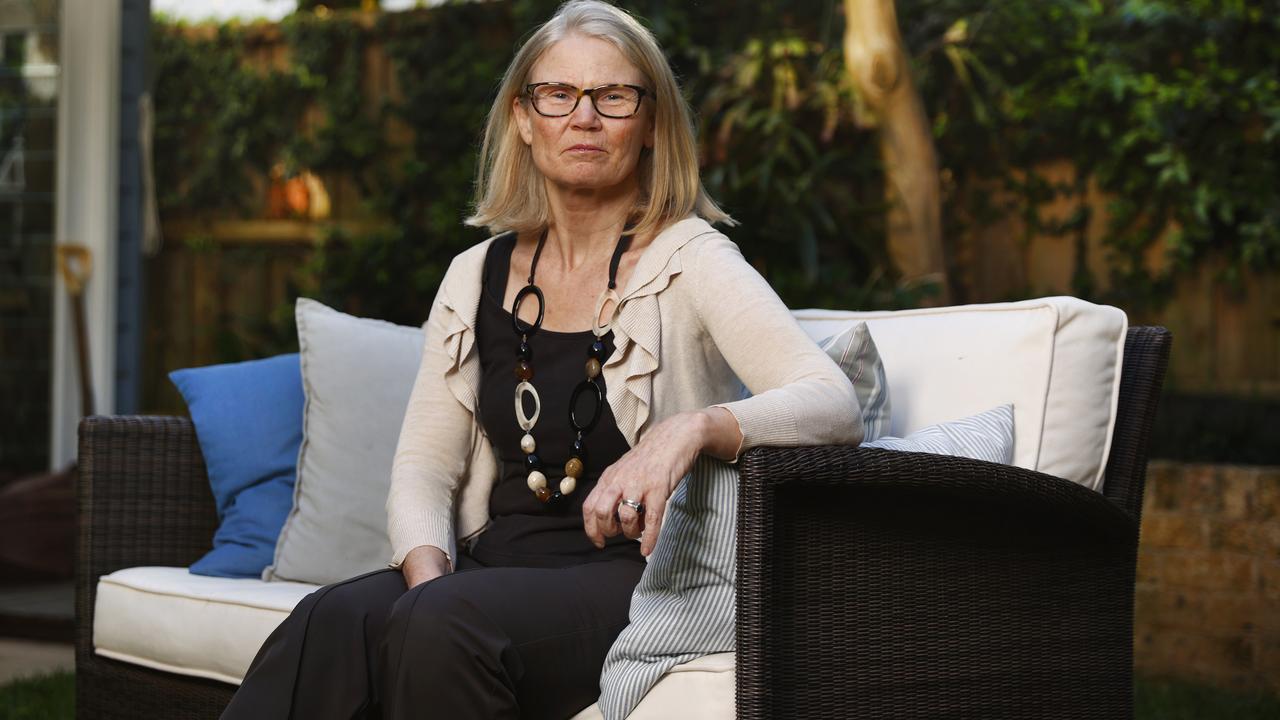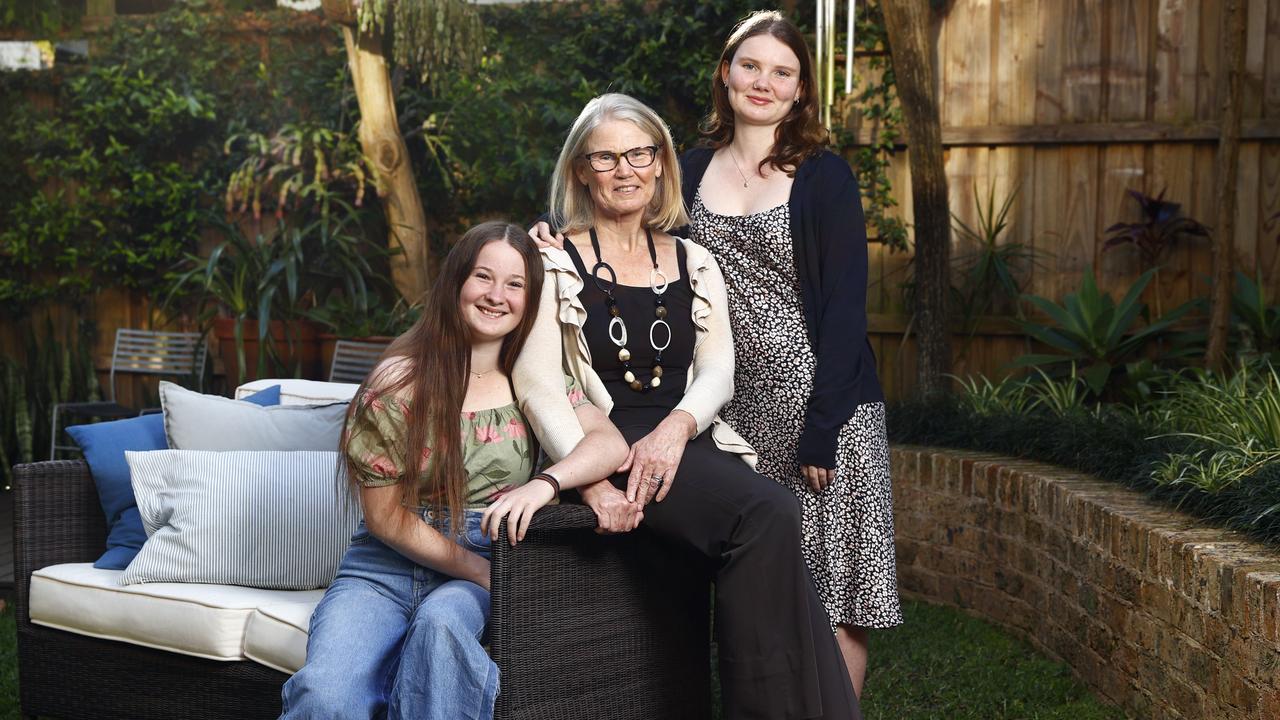Australians dealing with cancer that has come back not counted and locked out of support services
A quirk in Australia’s health system sees patients who have cancer return become invisible and locked out of support services.
National
Don't miss out on the headlines from National. Followed categories will be added to My News.
Tens of thousands of patients whose cancer has returned are being locked out of critical support programs, because of an outdated quirk in our health system.
Official cancer registries only count patients suffering the illness for the first time — not the growing army of people enduring a second or third bout, who are not cured but who are not yet dying.
The databases — established in the 1970s — work on the dated view that a new diagnosis could prove fatal within 12 months and do not reflect improved survival rates.
Cancer researcher and mother of three Dr Andrea Smith, who has metastatic breast cancer, said patients were subsequently being discriminated against.
“We are the uncomfortable truth that cancer comes back and no one wants to know about us,” Dr Smith said.
The Breast Cancer Network of Australia (BCNA), which estimates more than 10,000 women are living with breast cancer that has returned or spread, want the health system to count them so their need for help and support can be met.

“BCNA is calling for national leadership, investment and accountability, as well as legislative change, to ensure those living with metastatic breast cancer are counted and made visible. We must have this visibility to plan for and invest in this growing population with complex needs.” BCNA Director of Policy, Advocacy and Support Services Vicki Durston said.
Dr Smith said patients with advanced cancer were receiving highly complex treatments yet some of Australia’s breast cancer nurse programs were not open to them and other cancer support programs actively excluded them.
When diagnosed six years ago, she had no support from a breast care nurse because this program was then only for women with early stage breast cancer.
The McGrath Foundation said eight years ago it only had one nurse trained in metastatic breast cancer.

Now 29 of its 185 nurses have special training and all of its nurses provide care to women with metastatic disease.
With the help of donations, by July next year 40 nurses will be specialists in metastatic cancer.
“Our foundation was founded on the experience of somebody (Jane McGrath) with metastatic cancer. When she developed metastatic advanced breast cancer she had a breast cancer nurse for the first time. And that’s when she realised how incredibly valuable they were,” said McGrath Foundation CEO Holly Masters.
When Ms Smith, of Sydney’s inner west, tried to enrol in her hospital’s information classes about cancer she was told the course wasn’t suitable for her.
A Cancer Council program on the best diet and exercise regimes for patients also refused her entry because she was still receiving treatment.
Cancer Council director of information Annie Miller said the program was for people who had finished their acute phase of treatment.
“There’s a big been a big shift since seven years ago and I’m sorry for her going through that, we’re actually doing a full review of what we’re offering whatever we do in the future will include face-to-face programs for people with advanced cancer,” Ms Miller said.
Improvements in breast cancer screening and treatment mean 92 per cent of women are still alive five years after their diagnosis.
But University Sydney researcher Dr Sally Lord discovered almost one in four women will have their cancer return in the next 14 years.

Work is underway on a new national cancer registry, detailing which stage of cancer a person has.
The last time any attempt was made to record that was in 2011.
More Coverage
Originally published as Australians dealing with cancer that has come back not counted and locked out of support services









